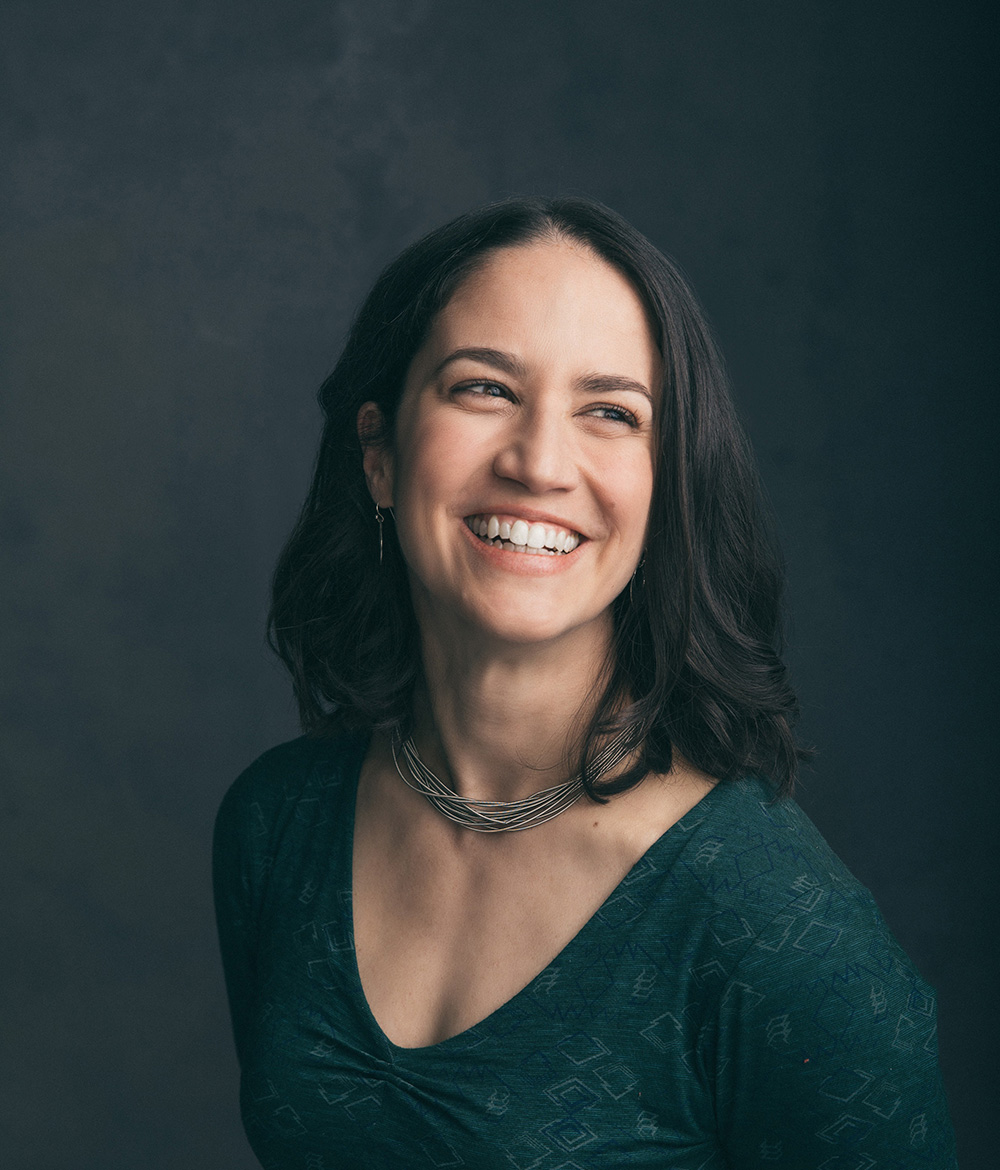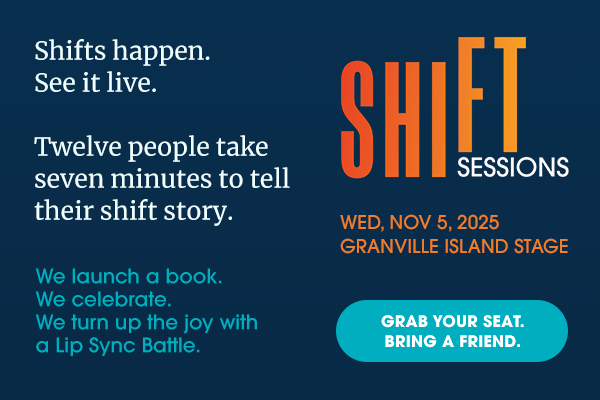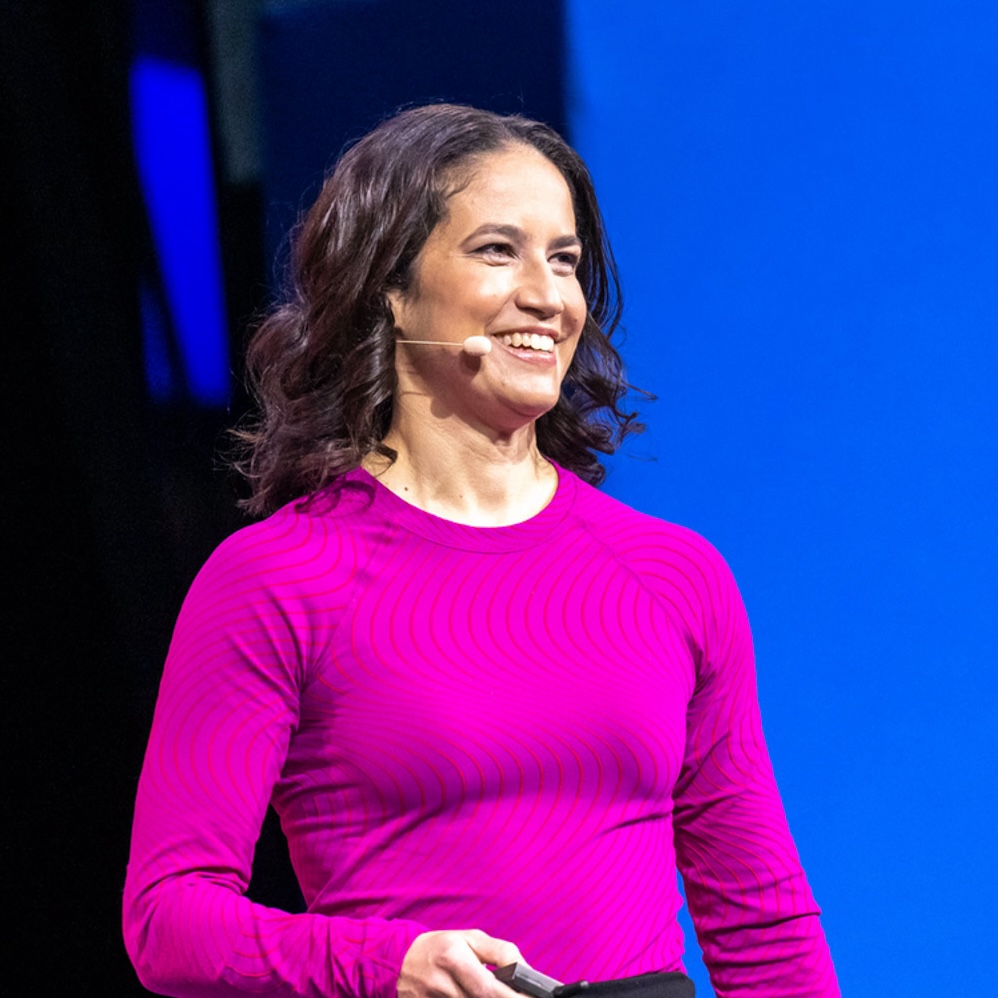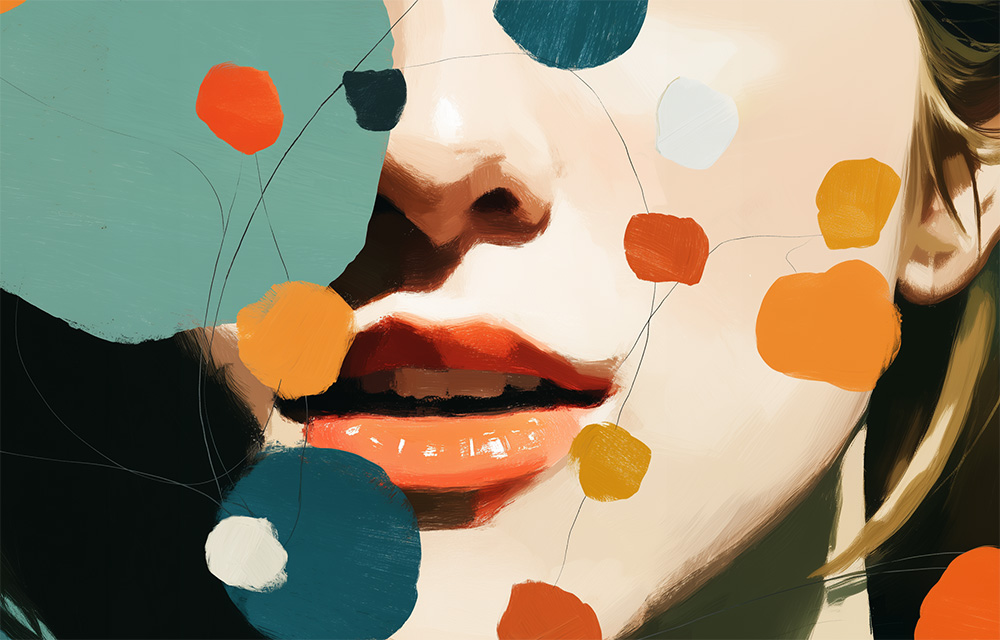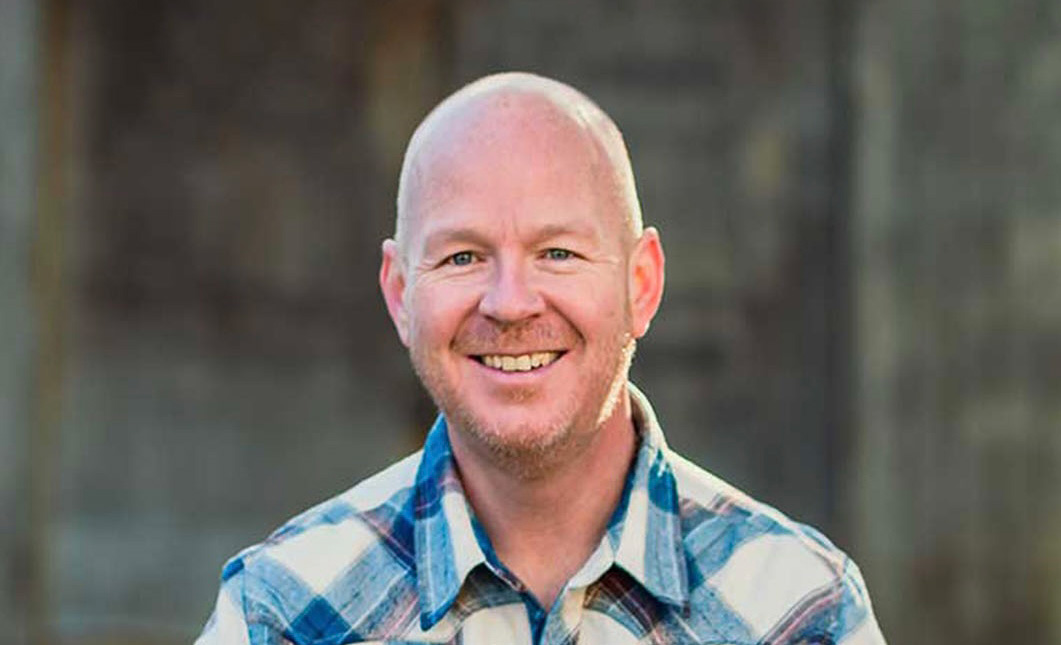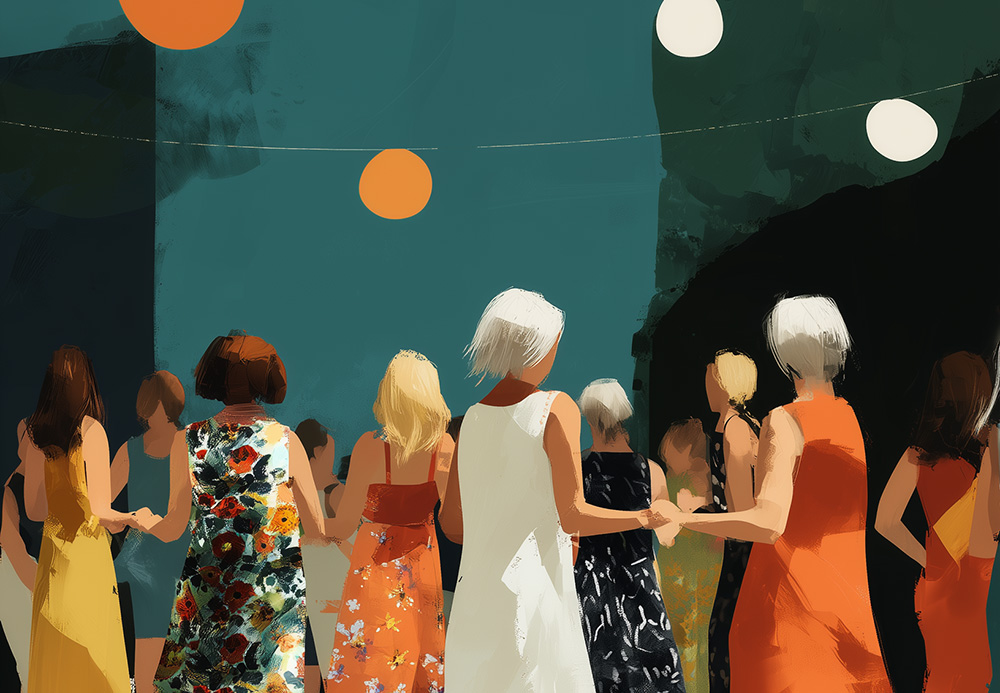Excerpt from The Power of Fun: How to Feel Alive Again by Catherine Price
Excerpted from Chapter 3: WHY FUN — TRUE FUN — IS THE ANSWER
PLAYFULNESS
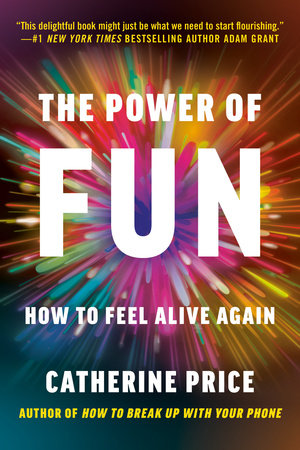
According to the founder of the National Institute for Play (and one of the world's foremost experts on the subject), Stuart Brown, "The times we feel most alive, those that make up our best memories, are moments of play." And yet many adults reflexively resist the idea of becoming more playful, to the point that Brown writes that he is sometimes "taken aback…..by the outright hostility to play." In his book Play: How It Shapes the Brain, Opens the Imagination, and Invigorates the Soul, Brown describes one experience in which someone responded so angrily to his suggestion that we prioritize play that Brown worried the man might punch him.
That particular person's issues aside, I think that our discomfort is caused by a misunderstanding of what playfulness and play actually mean. When adults hear the word "play," their minds often jump to the situations in which we use "to play" as a transitive verb—i.e., "to play [something]" —and then they freak out and tell you they don't like it. We play games. We play sports. We play make-believe with kids. If you don't find any of those activities appealing —and indeed, many people do not! — then you might assume that you don't like to play. Similarly, people assume that the adjective "playful" only applies to children, or that it means that you have to be a jokester, someone who clowns around (or, heaven forbid, someone who likes clowns)— in other words, that being playful requires you to be a goofball.
But while sports, board games, dress-up, goofballing, and make-believe are all forms of play (and kids are definitely play experts), they are far from the only ways that humans play. According to Brown, "play" describes any activity that is "absorbing [and] apparently purposeless" and that "provides enjoyment and a suspension of self-consciousness and sense of time. It is also self-motivating and makes you want to do it again." In other words, play depends less on the activity itself than it does on the attitude we bring to it. Any activity can count as play if we approach it with a playful state of mind.
Speaking of playfulness—it, too, doesn't require you to pretend to be something (or someone) you're not. Instead, playfulness refers to the ability to let down your guard, shed formality, not care too much about outcomes, and open yourself to —indeed, proactively seek out —opportunities for humor and lighthearted connection. (For example, consider the difference between "having a conversation" and "bantering": you're doing the same thing —talking— but the latter involves a playfulness that makes it more fun.) Indeed, all of us are capable of recognizing playfulness and being playful ourselves —even people who consider themselves to be "serious." Just think about the last time you interacted with a puppy. (Or, if you're more of a cat person, a kitten.)
It's important to clear up these misconceptions, because to hear Stuart Brown describe it, a life without play would hardly be worth living. "It's not just an absence of games or sports," he writes. "Life without play is a life without books, without movies, art, music, jokes, dramatic stories. Imagine a world with no flirting, no daydreaming, no comedy, no irony. It would be a pretty grim place to live. In a broad sense, play is what lifts people out of the mundane. I sometimes compare play to oxygen-it's all around us, yet it goes mostly unnoticed or unappreciated until it is missing."
"When we stop playing," writes Brown, "we start dying."
In Homo Ludens, his seminal book on play, Johan Huizinga makes a similarly strong statement: he argues that play is "an integral part of life," one that "has its place in a sphere superior to the strictly biological processes of nutrition, reproduction and self-preservation." As a result, writes Huizinga, "Play cannot be denied." (As evidence that there is a biological "play drive," Brown points out—as I alluded to earlier —that most animals play, including all mammals and even many reptiles.)
What's more, play and playfulness can help us get back in touch with (or figure out for the first time) who we actually are. In the words of British psychoanalyst D. W. Winnicott in his classic 1971 book, Playing and Reality, "It is in playing and only in playing that the individual child or adult is able to be creative and to use the whole personality." Brown elaborates on this idea, writing that "the self that emerges through play is the core, authentic self."
It may be a smarter and healthier self, too: play has been found to increase the brain's production of a protein called brain-derived neurotrophic factor (BDNF), which stimulates nerve growth in areas of the brain associated with emotional processing and decision-making, and Brown cites research that has found that people who continue to play games, and to explore and learn (both of which are forms of play) throughout life, "are not only much less prone to dementia and neurological problems, but are also less likely to get heart disease and other afflictions that seem like they have nothing to do with the brain." Scientists have also found that the periods in life when animals play the most often overlap with periods of the greatest development of the cerebellum, a part of the brain that is involved in the coordination of body and eye movements, balance, learning motor skills such as riding a bicycle or playing a musical instrument, and possibly more cognitive tasks such as processing language and regulating our moods.
Allowing your playfulness to come out — or cultivating playfulness, if it's not your normal modus operandi — can have a remarkable ripple effect on your happiness and satisfaction in other areas of life as well. According to Caroline Adams Miller, life coach and author of Creating Your Best Life, "Once our clients begin to incorporate more play into their lives...they experience more well-being and feel better in other ways, including improved health, stronger friendships, more creativity and greater zest for life."
As Miller's quote alludes to, playfulness also strengthens our relationships —which totally makes sense. Playfulness is often a proxy for confidence and closeness; if you're comfortable with someone, you're more likely to allow yourself to be playful. But playfulness itself also brings people closer, makes them feel comfortable, and creates special, shared experiences. You can see this in your own life: if you call to mind your oldest, most treasured friendships and some of your favorite moments that you have shared with those people, there will likely be an element of playfulness running through them.
Playfulness is also a great way to attract new people to you — whether as romantic partners, colleagues, or friends — because people who are playful are simply more fun to be around. Think about the people you enjoy spending time with the most, the ones who bring you joy and consistently make you smile. And then think about some of the adjectives you'd use to describe them. Chances are playfulness will be toward the top of the list.
When we are actively playing with people, the emotional result can be what Johan Huizinga described as “an absorption, a devotion that passes into rapture and, temporarily at least, completely abolishes that troublesome 'only' feeling."* What's more, when you're playful with the same people over time, it can create bonds between groups of people that persist even when you're not actively playing, making play what play scholar Miguel Sicart has called "a string with which we tie our memories and our friendships together." This is why we can reunite with certain friends we haven't seen in decades and instantly feel connected (and also explains the specific pleasure that comes from sharing inside jokes). As Huizinga puts it, "The feeling of being 'apart together'...of mutually withdrawing from the rest of the world and rejecting the usual norms, retains its magic beyond the duration of the individual game."
Excerpted with permission from The Power of Fun: How to Feel Alive Again by Catherine Price. © 2021. Published by Random House, an imprint and division of Penguin Random House LLC, New York.



